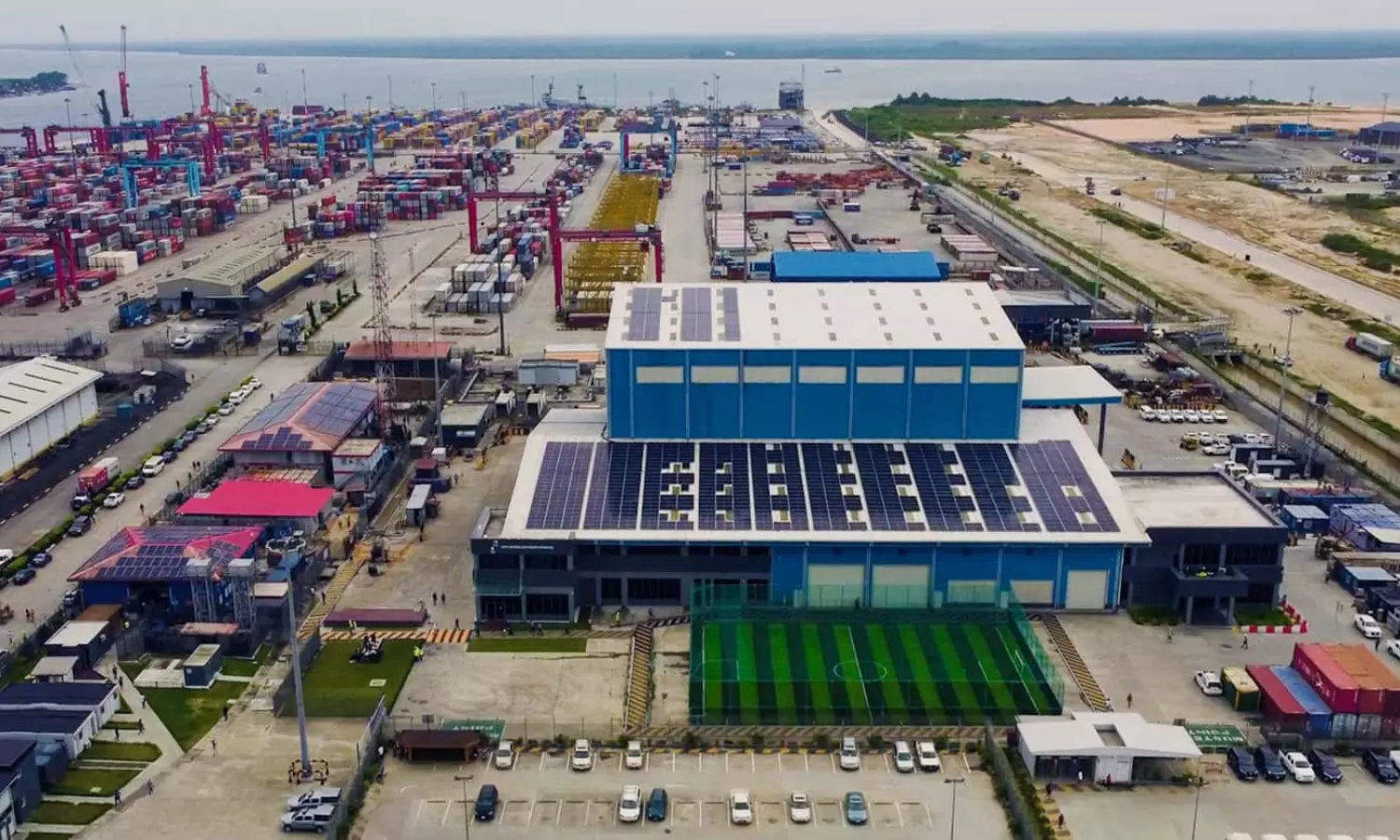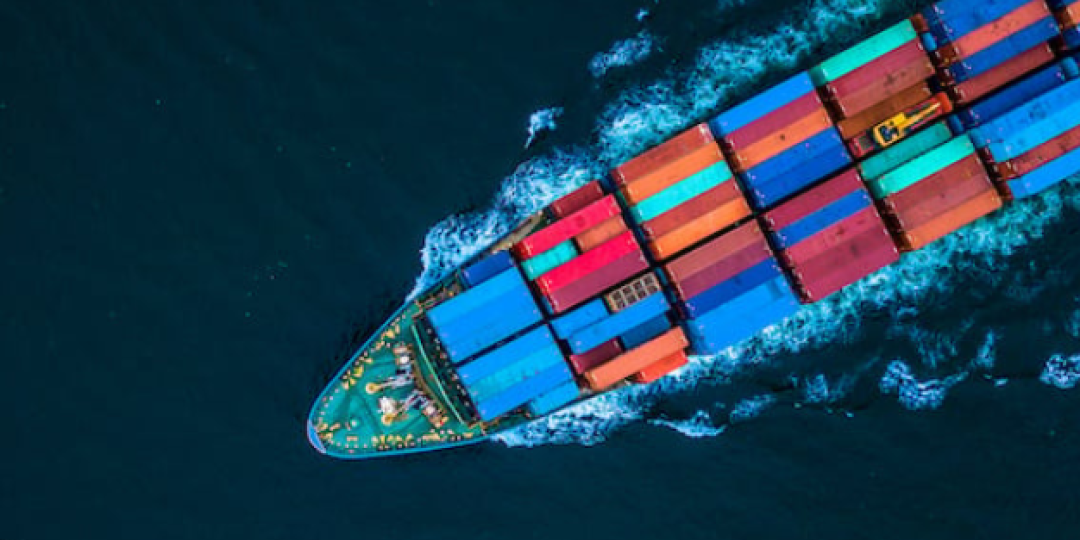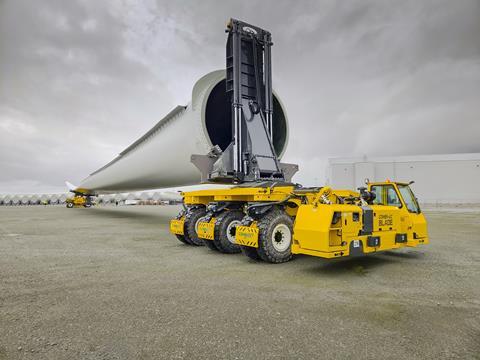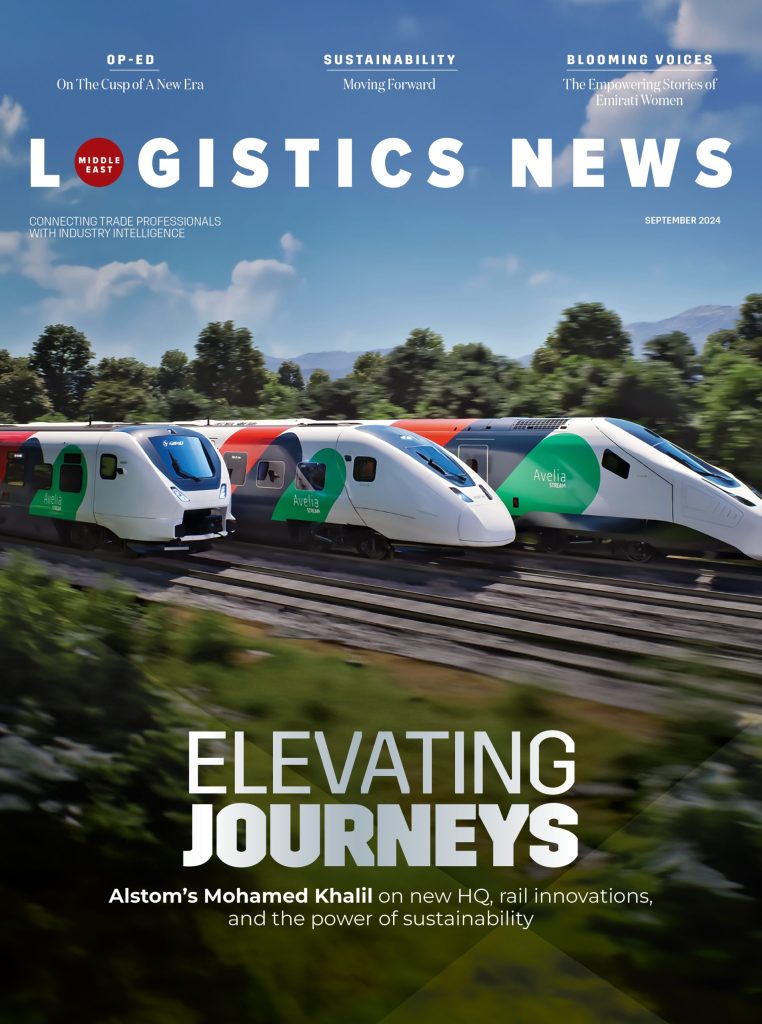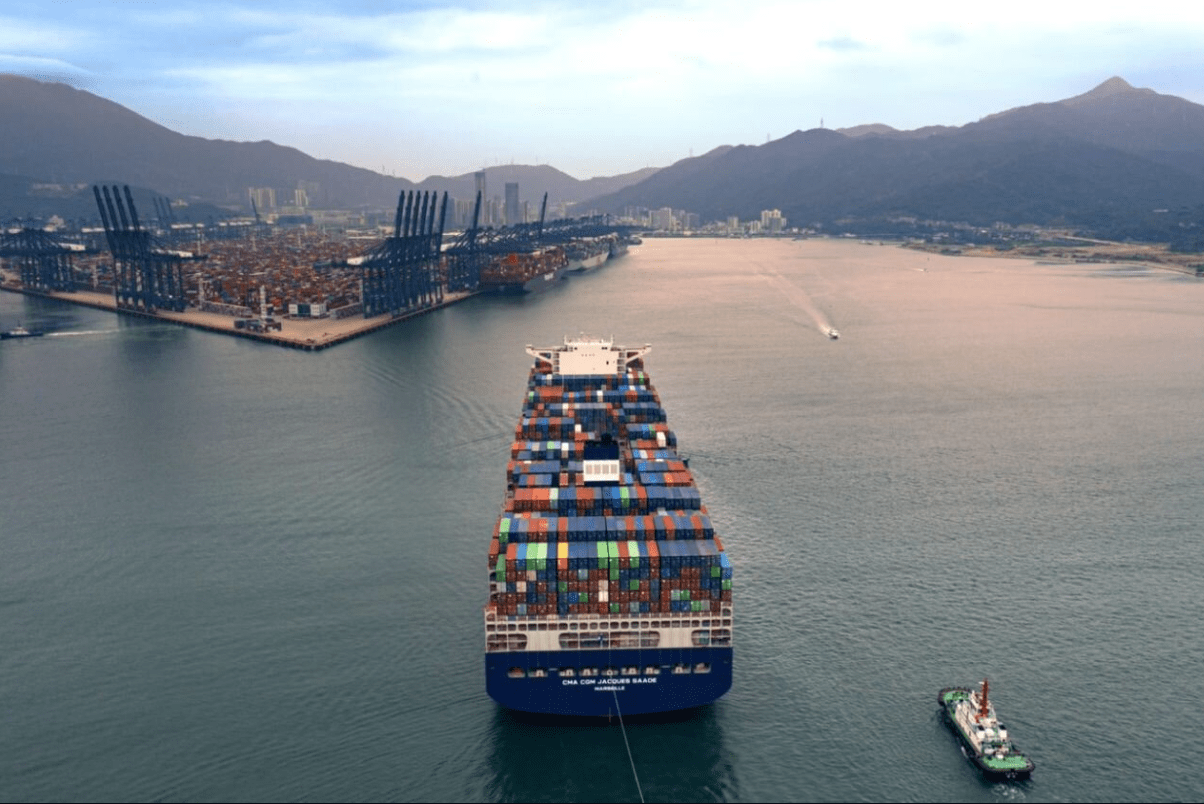Logistic

The CEO’s playbook to re-engineering the global supply chain
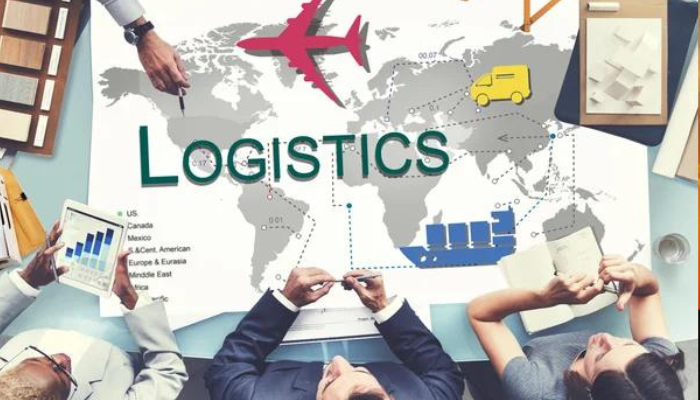
The global supply chain is undergoing a fundamental reckoning. The past decade has systematically dismantled the illusion of stability in world trade, as pandemics, geopolitical conflicts, and climate disruptions have converged to reveal a critical vulnerability: these networks were engineered for peak efficiency, not for long-term endurance. This new age of uncertainty demands a shift in leadership, where those at the helm must act as engineers of continuity, moving beyond their traditional role as caretakers of convenient systems.
Africa exemplifies both the challenges and opportunities within this new paradigm. With a population of 1.4 billion and the world's youngest workforce, the continent represents a formidable future engine of global growth. However, persistent logistical inefficiencies can increase the cost of commerce by up to 40 percent in many African economies. The African Continental Free Trade Area (AfCFTA) presents a transformative opportunity to overcome these hurdles, potentially boosting intra-African trade from 15 percent to over 50 percent by 2035. The central task for both corporate and policy leaders is to bridge the continent's connectivity gap, transforming its unbounded potential into tangible progress.
In this context, supply-chain strategy has evolved from a technical operational function to a core boardroom priority. Modern corporate leadership requires a synthesis of engineering precision, economic foresight, and humanitarian empathy. Effective executives are now judged not by their degree of control, but by the resilience and speed of their organization's recovery from disruptions. The critical questions have shifted to focus on systemic vulnerabilities, the predictive power of data, and the architecture of long-term resilience.
Technology serves as a critical enabler in this transformation, with artificial intelligence, blockchain, and IoT sensors bringing new levels of precision to logistics. However, technological adoption alone is insufficient; resilience is guaranteed only through intelligent integration. The executive's duty is to ensure that digital transformation bridges people, processes, and strategic purpose, rather than merely automating existing inefficiencies.
Concurrently, sustainability has transitioned from a corporate social responsibility initiative to a competitive necessity and a new currency in logistics. With supply chains accounting for a significant portion of global carbon emissions, mandates are tightening. For African businesses, adopting green logistics is a strategic imperative to attract climate finance and secure a long-term license to operate, not merely an imitation of Western practices.
The post-pandemic economy is also witnessing a strategic shift towards regionalisation, or "glocalisation," where trade remains global but production and storage are anchored regionally. Africa stands to benefit enormously from this trend by developing robust cross-border corridors supported by digital customs systems. This model distributes risk and reduces exposure to distant crises.
Ultimately, while technology can automate movement, people create meaning. The final frontier of supply-chain advancement lies in cultivating talent that can interpret data, manage ethics, and navigate diverse cultures. It is estimated that logistics could generate 15 million new jobs in Africa by 2035, provided talent development keeps pace with infrastructure investment.
A modern executive's action plan for supply-chain leadership involves several key steps: mapping all dependencies and potential failure points; digitising operations with a clear strategic purpose; diversifying sourcing across multiple regions; embedding sustainability as a non-negotiable performance metric; investing in agile and globally aware teams; and actively working with governments to modernise trade frameworks.
In conclusion, supply chains are the circulatory system of modern civilisation. The contemporary leader must therefore look beyond the simple movement of goods and focus on enabling broader possibility. The future will belong to those who understand that their role is not just to manage logistics, but to connect the world and propel humanity forward through resilient, meaningful systems.






